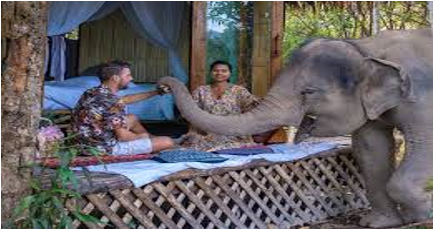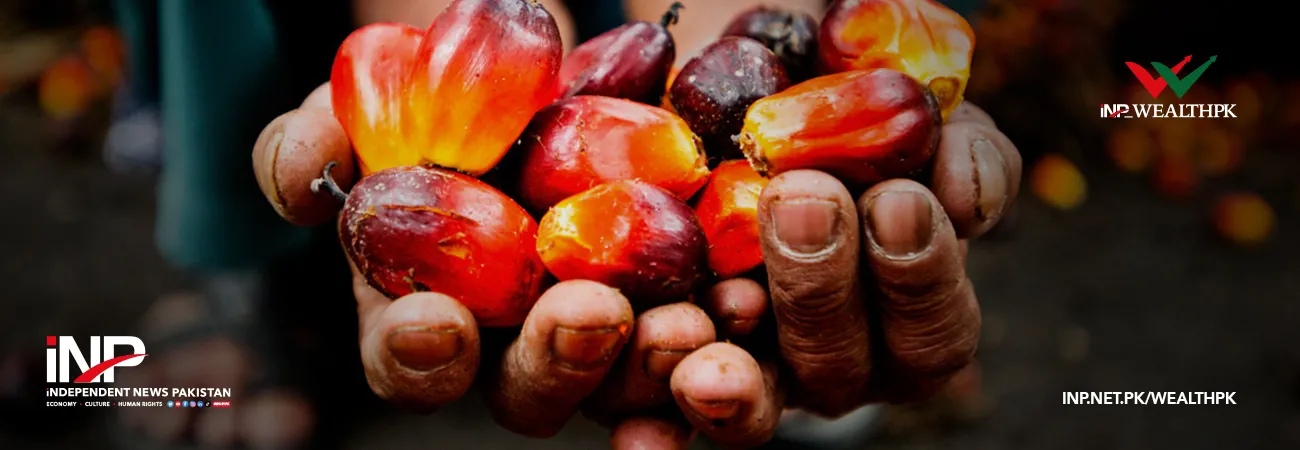INP-WealthPk
Faiza Tehseen
Promotion of experiential tourism can be a catalyst for the socio-economic development of local communities in Pakistan, said Mukhtar Ali, Manager Tourism Facilitation Centre, Pakistan Tourism Development Corporation (PTDC) of Pakistan, while talking to WealthPK.

“Experiential tourism offers tourists direct experience to interact with the local cultures, traditions, and environment. It is a fast emerging trend in the tourism sector. By encouraging the local and foreign tourists to engage with the local communities, artisans, farmers, and all relevant stakeholders, direct financial benefits can be obtained,” he explained. Experiential tourism goes hand in hand with sustainability.
Tourists who undertake eco-tours or visit conservation projects often choose destinations that promote sustainable practices. However, experiential tourism offers direct interaction with the local traditions, ensuring their preservation for future generations. It can also be helpful in reviving the gradually disappearing ancient traditions – weaving, cooking, grain cultivation, livestock rearing, and a lot of other crafts.
Mukhtar Ali further said, “Communities that may have been overlooked by conventional tourism can reap the rewards of experiential tourism. It can be of great support for the small-scale enterprises, local craft shops, organic farming, job creation, and many other opportunities for trade and business.” He said many countries had launched initiatives to promote this segment of the tourism sector. In response to this trend, several travel agencies are now offering packages to cater to the experiential tourists.
This favour for accessibility has opened up new economic avenues for entrepreneurs and marginalized communities, contributing to economic diversification. He said, “As the benefits of experiential tourism are clear, challenges remain. The key challenge is to ensure that the growth in the sector is impartial and sustainable. Without proper management, there may be the risks of overcrowding, commodification of culture, and environmental degradation.
Many communities lack infrastructure or skills necessary to fully capitalize on this form of tourism.” To mitigate these challenges, implementation of responsible tourism practices is necessary by involving the local population in decision-making, establishing fair trade, pricing models, and prioritizing environmental conservation. “Revenue generated from experiential tourism practices can be reinvested by the local governments in essential services like infrastructure, education, general health, and other welfare works.
So, it must be focused,” added Mukhtar Ali. Talking to WealthPK about the importance of experiential tourism in promoting socio-economic uplift, Deputy Director Tourism Department of Baltistan Rahat Karim Baig said, “Experiential tourism can be transformative, as it offers a unique opportunity to create a bridge between the cultures and promote a more inclusive, sustainable development form.
It is a form of tourism that provides visitors with an opportunity to directly experience the people, culture, food, and environment of a specific area or country.” He said experiencing tourism through direct interaction enhances the spirit for more in-kind exploration. It brings tourists closer to the local culture, history, and traditions.
Experiential tourism stands out as a valuable tool to foster economic growth, cultural exchange, and sustainable development. “By adopting experiential tourism, countries and communities can tap into a flourishing market that not only benefits travelers but also contributes to the socio-economic development of local communities and other stakeholders.
As more destinations will be embedded with this model, the future of tourism could become a device for sustainable source of livelihood. It is important to bring awareness about experiential tourism among the communities related to tourism sector so that they can welcome this new trend and get socio-economic benefits, added Rahat Karim.
Credit: INP-WealthPk













